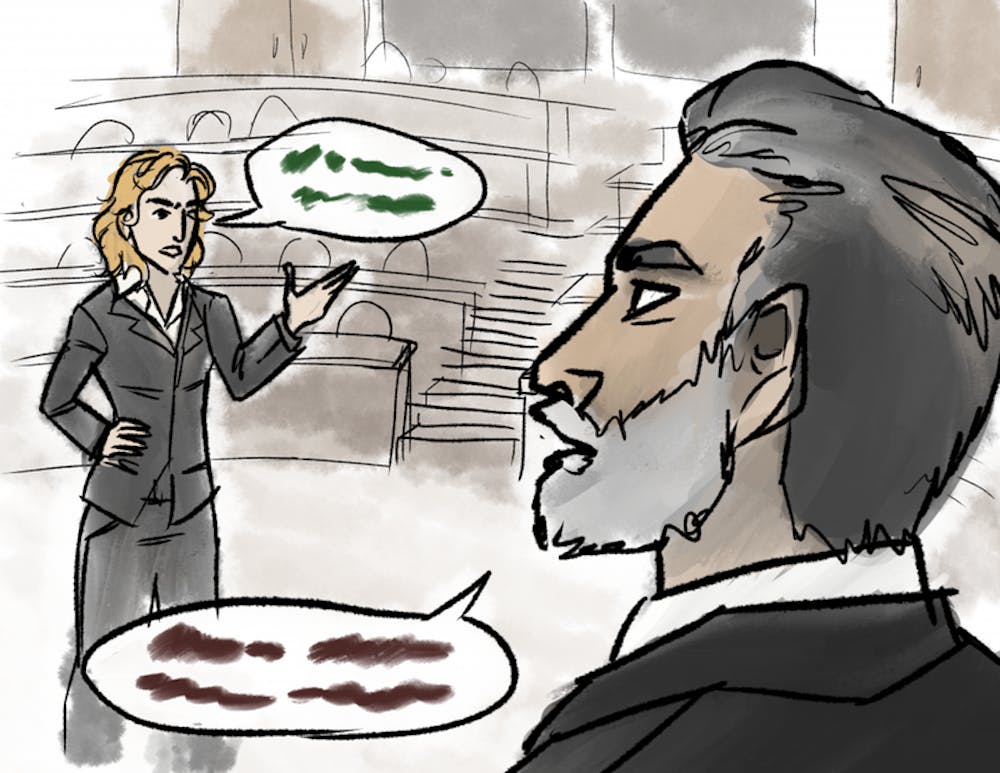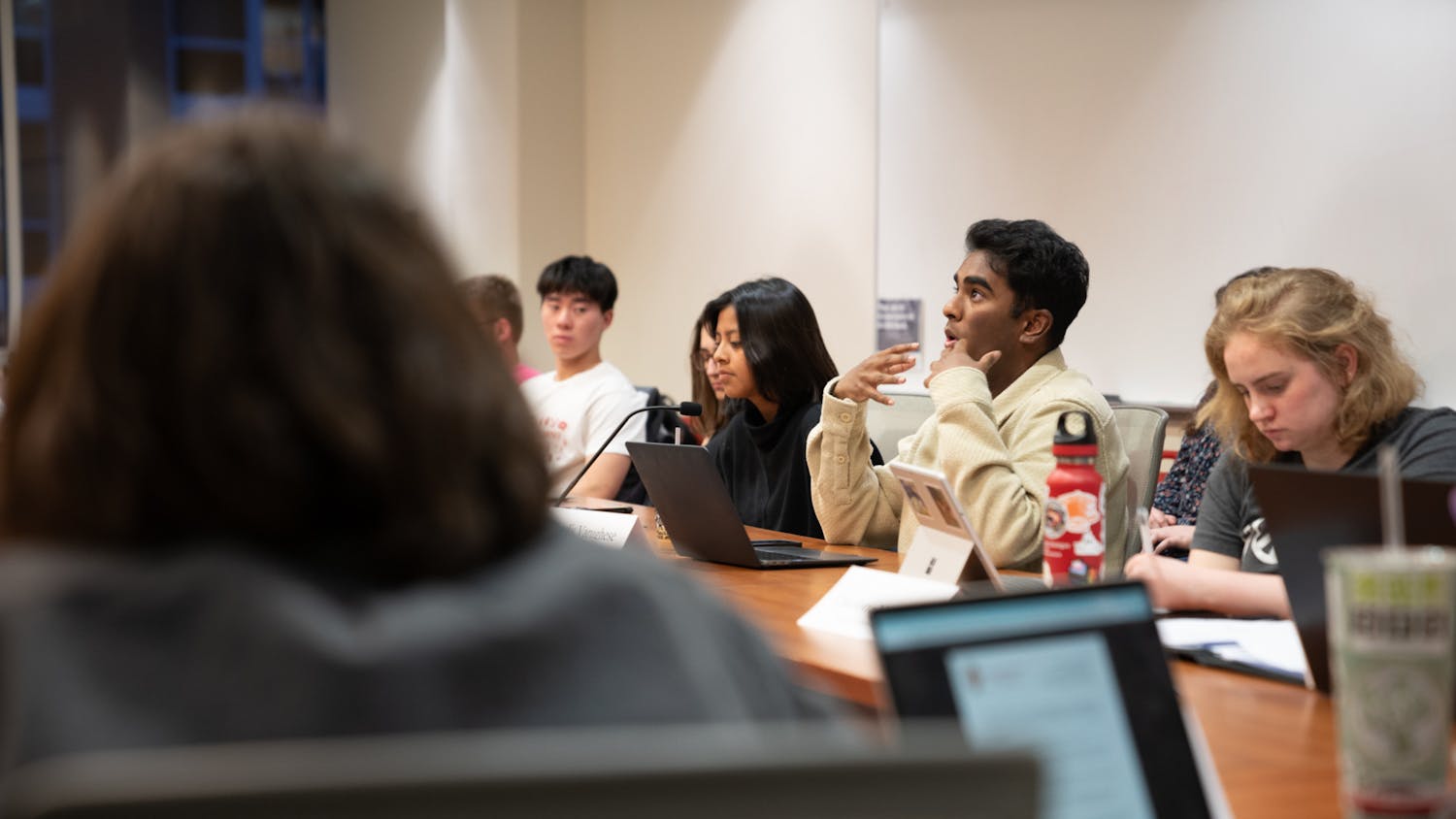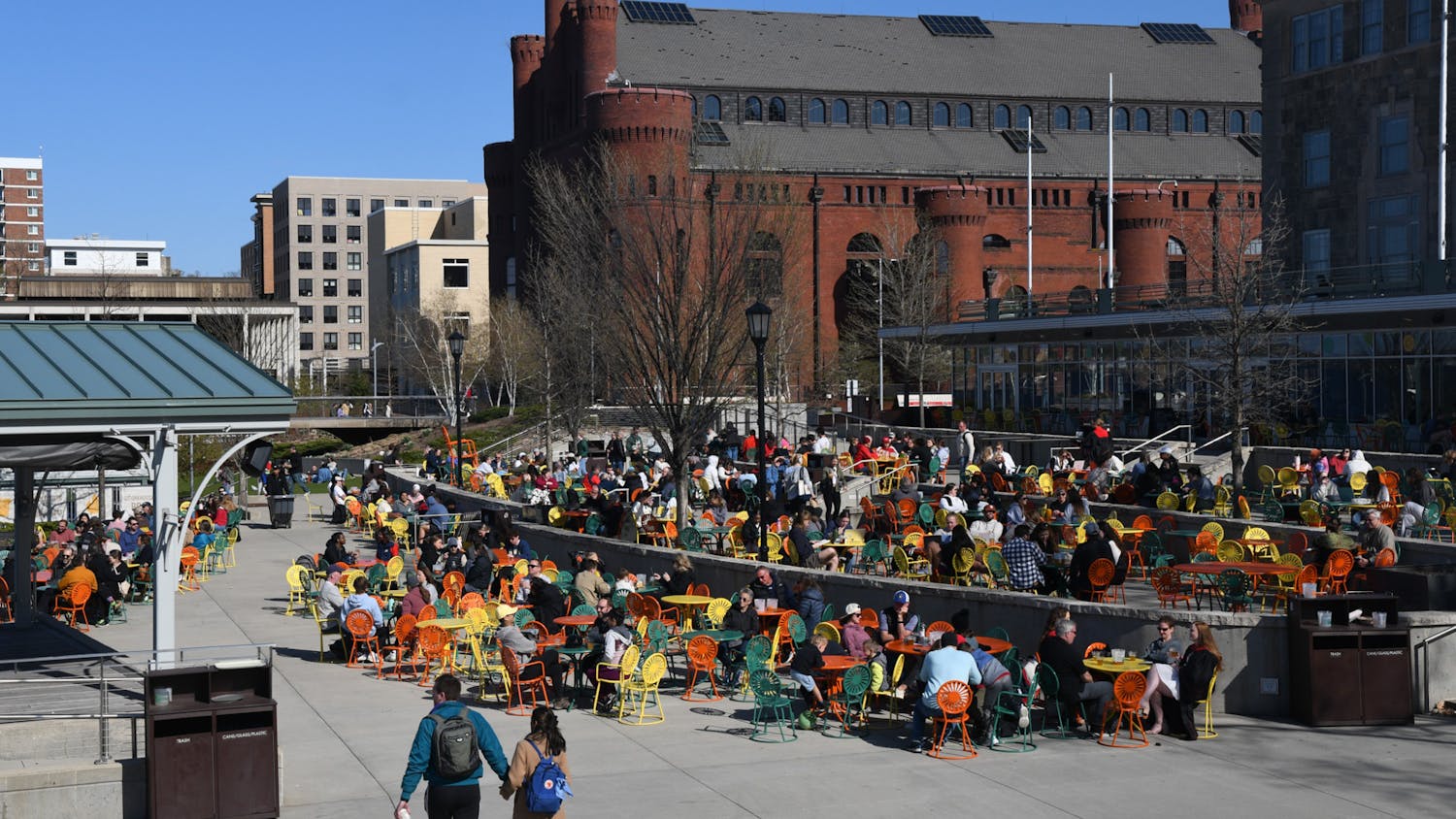President Donald Trump signed an executive order on last Thursday, aiming to enforce the right of free speech and “free inquiry” across campuses nationwide.
In front of cheering crowds at a speech last month, Trump promised to hold school administrators accountable for securing free speech, citing the case of a recruiter of a conservative association who was assaulted in February at the University of California-Berkeley.
Since its signing, the order has prompted UW System administration to have discussions about the government's role in policing speech on campuses.
For Donald Moynihan, the former director of the La Follette School of Public Affairs at UW-Madison and current professor at Georgetown University, the order is not justified by the reality of campus speech nor is it compatible with conservative principles.
“That is not small government conservatism,” he said. “It results in the federal government policing speech on public and private universities and colleges across the country.”
The order also draws attention on whether the order is duplicative of the First Amendment and is merely symbolic.
“We already have the first amendment,” Moynihan said. “And in a public institution, such as UW-Madison, this is sufficient to protect free speech.”
UW-Madison political science professor Howard Schweber said it is possible students will be encouraged to voice objections to imbalances in the presentation of views on various topics. Despite the focus on campuses, the state legislature would be the most affected.
Conservative state legislators at Wisconsin might consider the order as a signal to try to interfere with the academic freedom at UW-Madison, according to Schweber.
“I have already seen conservative commentators taking this order as an invitation to challenge the eligibility of various departments for federal funds,” he said.
Schweber also found a similarity between the executive order and the efforts that stemmed from the Red Scare aimed at eliminating “socialist” influences on campuses.
“Frankly, they represent a far graver threat to academic freedom and free inquiry than any actions by a handful of overexcited college students,” Schweber said.
It is unclear on what colleges and universities need to do to comply, since the executive order’s core guideline in terms of free speech is only one sentence:
“The heads of covered agencies shall, in coordination with the Director of the Office of Management and Budget, take appropriate steps, in a manner consistent with applicable law, including the First Amendment, to ensure that institutions that receive Federal research or education grants promote free inquiry, including through compliance with all applicable Federal laws, regulations, and policies,” said Section 3 of the executive order.
The order could potentially be counterproductive since government administrations have not disclosed any specific regulations at the moment, according to UW-Madison political science professor Donald Downs.
“Faculty members or students might be afraid to say something in class that would be considered unfriendly to free speech,” Downs said, “It could be something designed to help academic freedom but actually [works] against it.”
Meanwhile, Downs expressed concern about excessive federal mandates on campus will lead to a creation of new administrative programs and a cost associated with these will be passed on to students through tuition increase.
“What if a student asked to talk about ‘X’ in class, and the professor did not consider [that] as an important subject matter? That could be a reasonable position, then what if the student complains [to the administrators]?” Downs asked.






